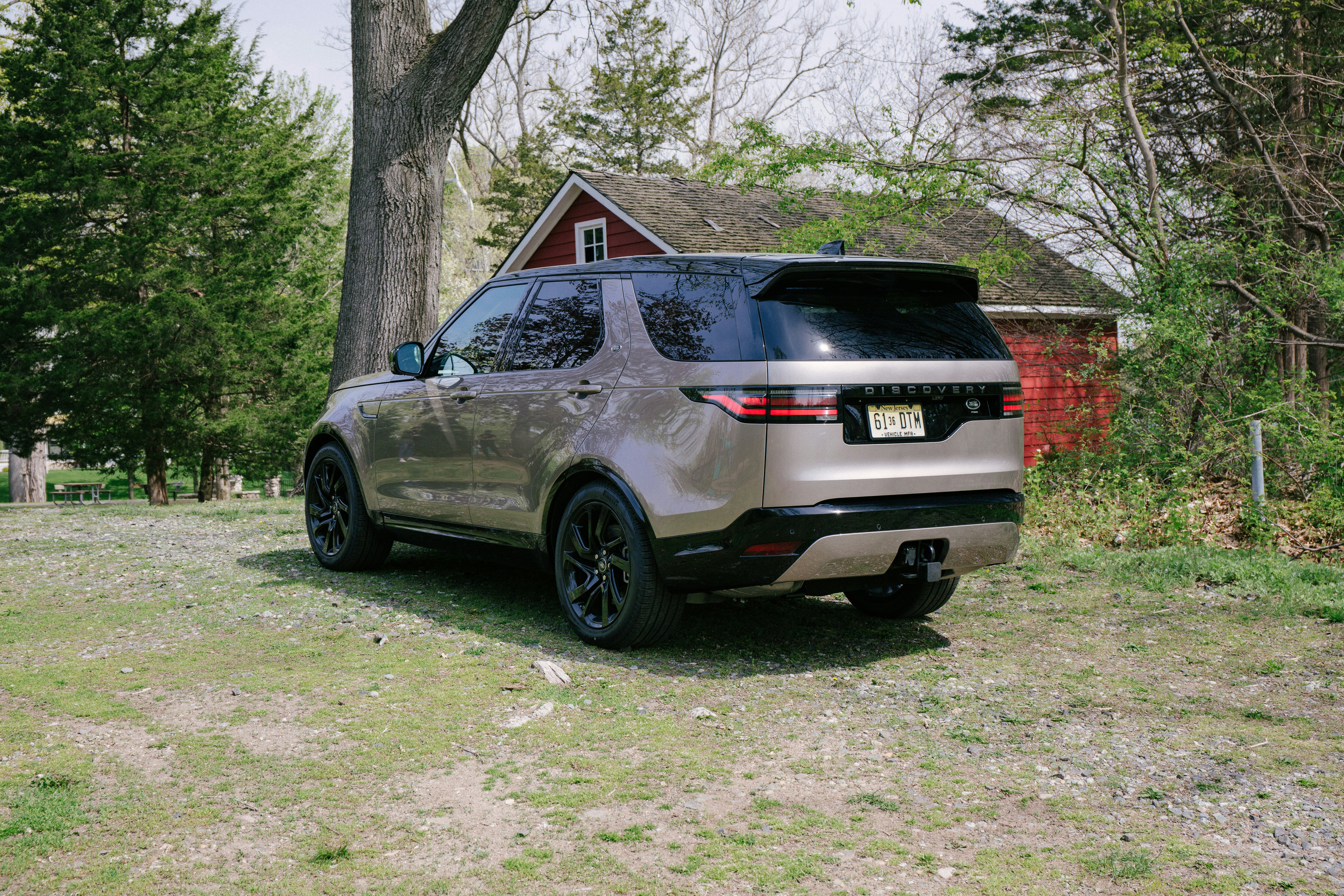
Land Rover makes seven different SUVs across three families, and most of them have a specific niche. The Defender is the rugged off-roader, ready to tackle anything and take you anywhere. Range Rover is the luxury line with four different sizes depending on your requirements.
Then there's the Discovery and the Discovery Sport, a pair of SUVs that sit somewhere in the middle between the all-out luxury of the Range Rover and the all-out capability of the Defender.
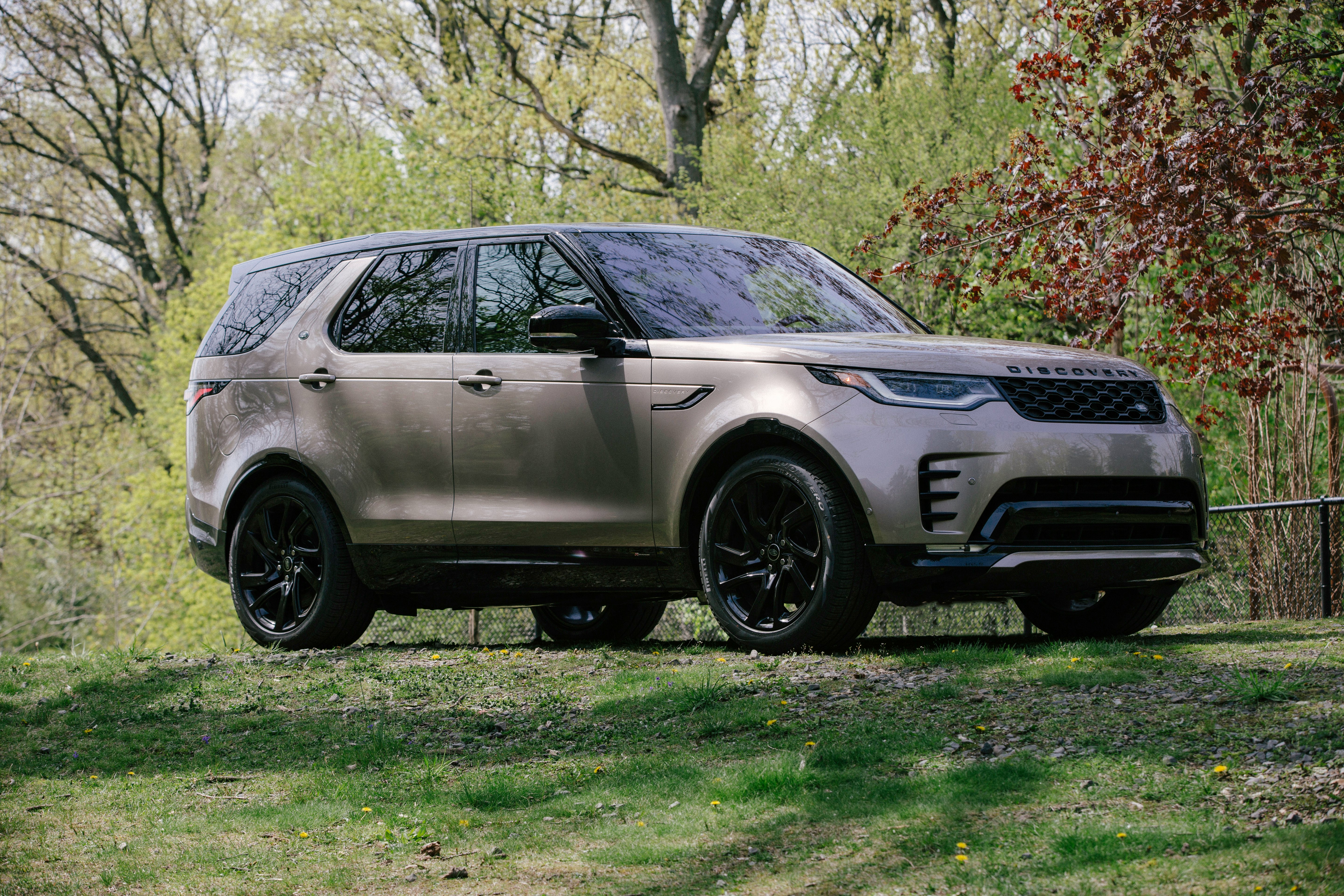
Except all are capable, and all are luxurious, just in slightly different ways. Last year, I reviewed the new Defender 110 and declared it “the perfect embodiment of off-road lux.” I stand by that assessment, even as I slid behind the wheel of the 2021 Land Rover Discovery as my test car this week.
Given how luxurious and still capable the Range Rover lineup is (for buyers who will likely never take them off-road) and given how capable and still luxurious the Defender is (for buyers who will likely never take them off-road), the Discovery occupies a slightly odd niche.
I suppose it's for people who can't quite make up their minds. It used to be that the Defender was a hardcore offroader that made no compromises in the name of comfort. These days, it's still a hardcore offroader, but it's been draped in fancy leather and excellent on-road manners. That's what the old Discovery used to be (I owned a 2001 Land Rover Discovery, and it was glorious until the engine grenaded itself on the highway), but now it seems like it might be getting squeezed out.
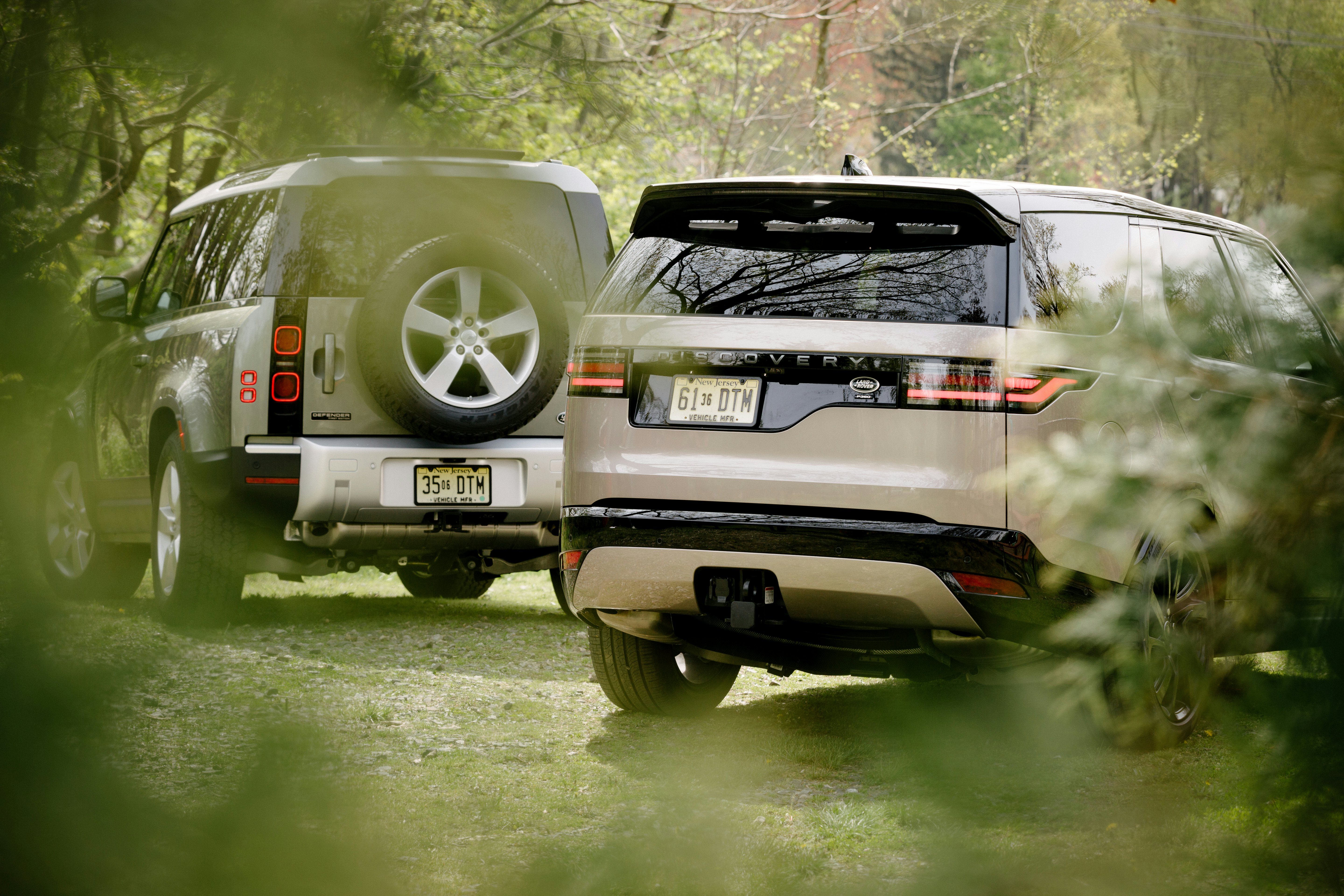
It's not that my Discovery wasn't luxurious or that it wasn't capable off-road. It was both, but that's also true of both the Defender and the Range Rover. So who buys the Discovery?
My Discovery R-Dynamic S tester priced out to $73,255, which puts it deep in luxury SUV territory, though it starts about $20,000 cheaper if you strip it down. R-Dynamic is the middle-trim, meant to be sportier than the standard, I suppose.
It had a three-liter mild-hybrid under the hood making 355 horsepower and 369 lb-ft of torque which is more than adequate. It had all-wheel drive with both high- and low-range, as well as an eight-speed automatic and all manner of off-road toys like multiple off-road modes, hill descent control, and an adjustable air suspension.
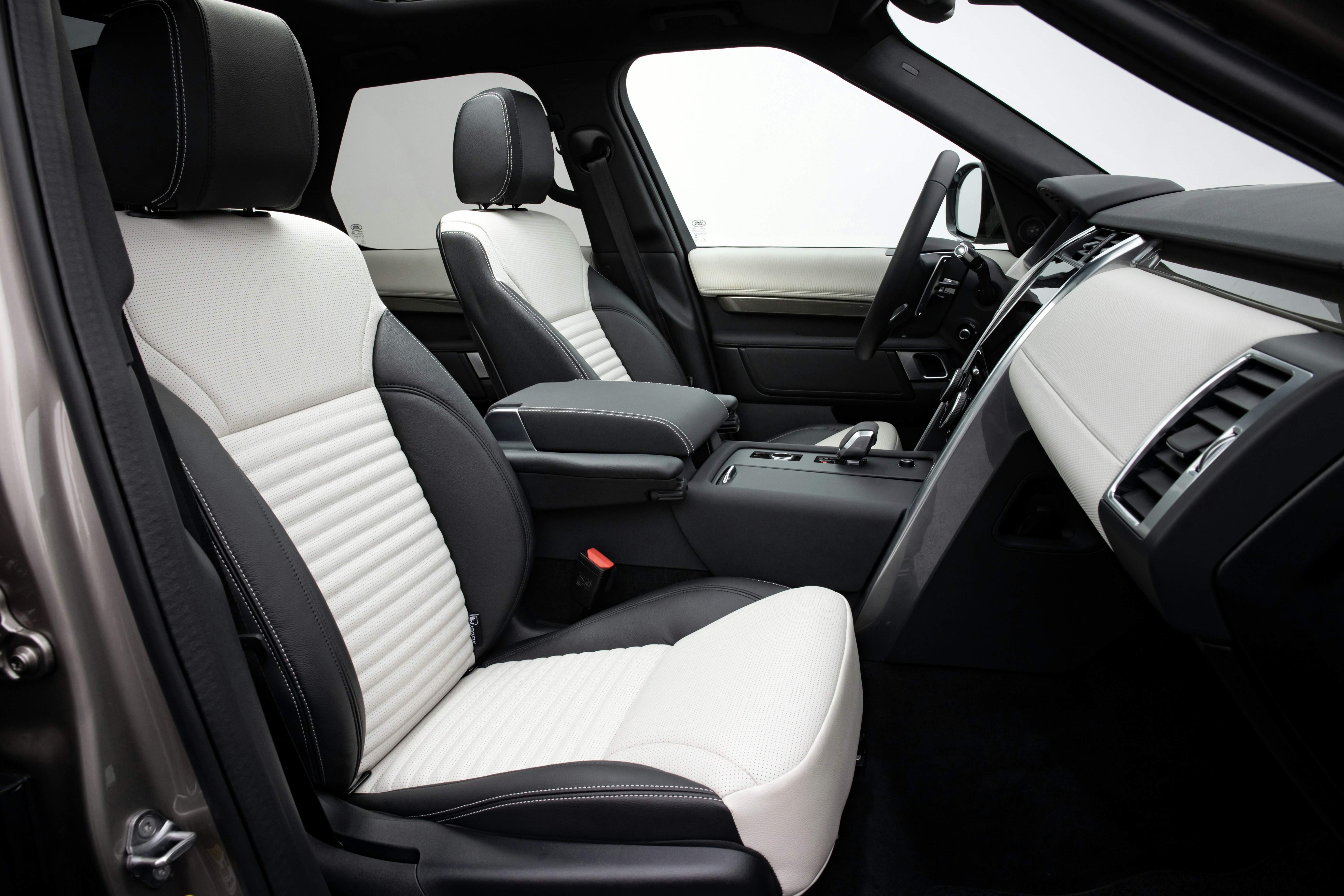
Interestingly, we've gotten to a point where car companies barely mention the hybrid-ness of their vehicles. The only mention of the hybrid powertrain on the window sticker for the Discovery is the bewildering acronym “MHEV” on the engine description, standing for “Mild Hybrid Electric Vehicle.” That doesn't mean anything to anyone who isn't a car journalist, so you'll be forgiven for being surprised about it being a hybrid. And maybe that's the point. It's not a selling point anymore — it just is.
It has all manner of safety features, but the terrific 11.4-inch touchscreen in the center is running Land Rover's Pivi Pro infotainment system and is worth the price of admission right there. It's one of the best-looking systems out there, and it's easy-to-use and easy on the eyes. Apple Maps via CarPlay looks exceptionally good, though I wish CarPlay and Android Auto were wireless.
Extra equipment included a $600 Cold Climate Pack that included a heated windshield that uses tiny wires embedded in the glass to warm it up for defogging, much like your rear window does. You can barely see the wires, and the defogging works a treat, but it does make windshield replacements exceptionally expensive, so make sure your insurance covers it.
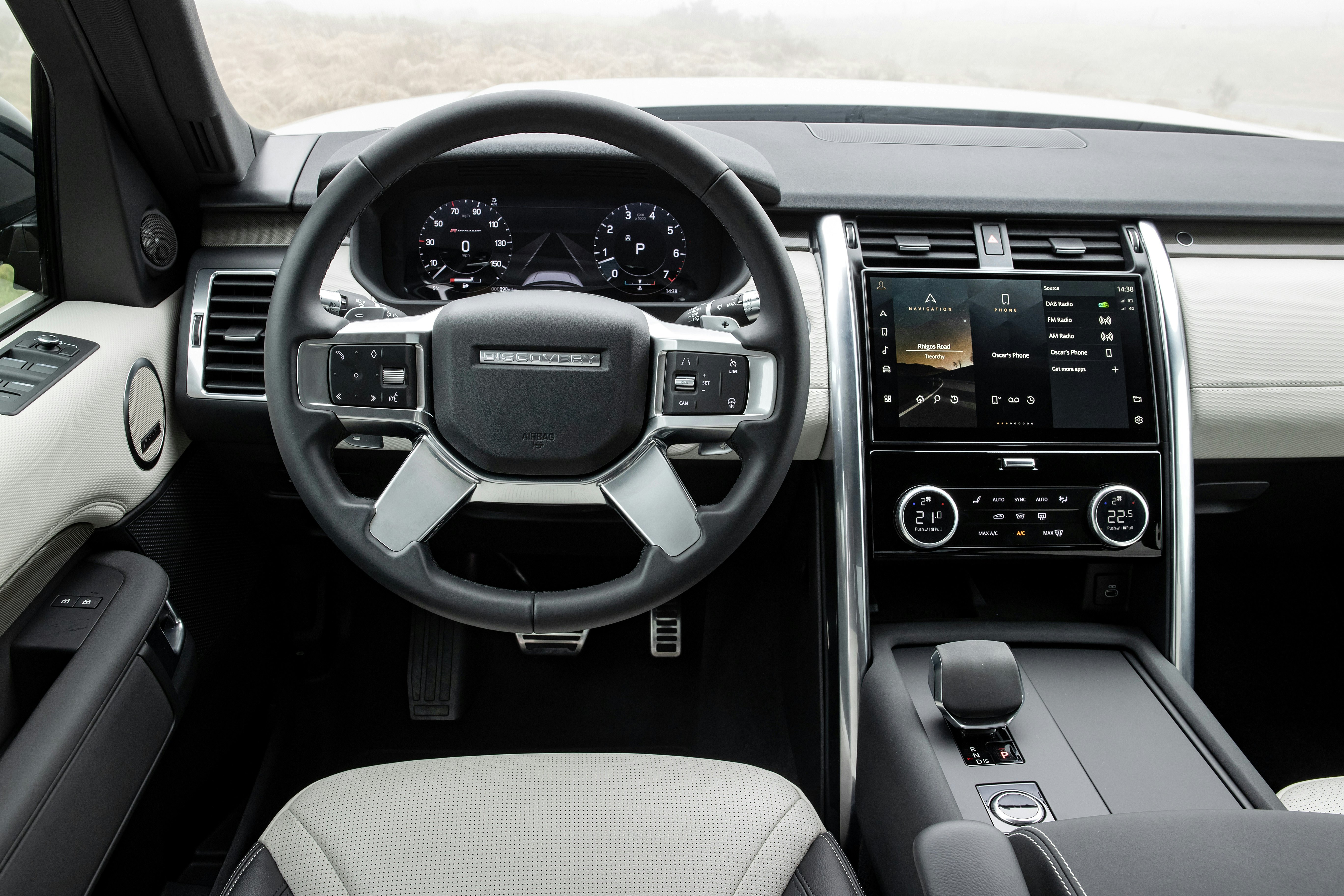
Pointless but wonderfully attractive 21-inch gloss black wheels were $2,000, while 18-way heated electric memory foam front seats (with Captain's armrest!) were an extra $1,850. Those seats were very comfortable, it's worth mentioning. An upgraded Meridian sound system is $1,250, and a black contrast roof is $1,000. Like the wheels, the roof is merely cosmetic, but it looks terrific with the Lantau Bronze paint, a $710 option.
Inexplicably, automatic high beams are an extra $250, which is strange considering you can get that in a base model Toyota Corolla at a third the price.
The Discovery is gorgeous inside and out, with flowing lines and appealing proportions despite its bulk. It's a three-row SUV, and no amount of clever sculpting can hide that much mass.
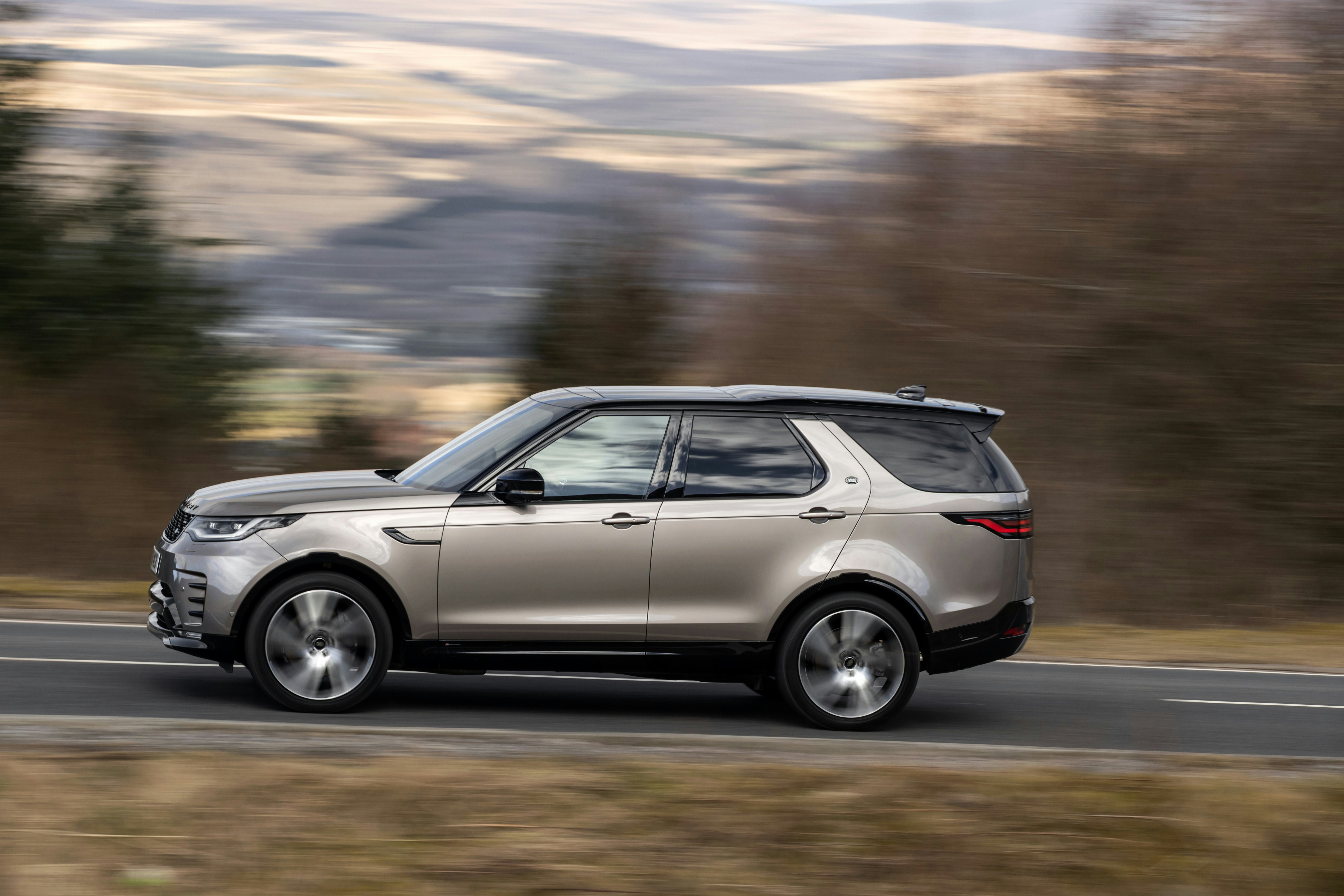
The interior is functional but luxurious, versus the Defender's elegant functionality. It's hard to explain, but it will make sense if you see them side-by-side.
But there are so many similarities; it's easy to tell that the Defender and the Discovery are brothers. But they're far from identical twins, and this is one of those cases where buyers will want one or the other, and I think it'll be an easy decision for all.
Of course, that's why they both exist. No matter what you come to Land Rover for, they have an SUV for you. Ultimately, it's all about choice. And isn't that something worth celebrating?
One Cool Detail: Rear-seat mounted tablets
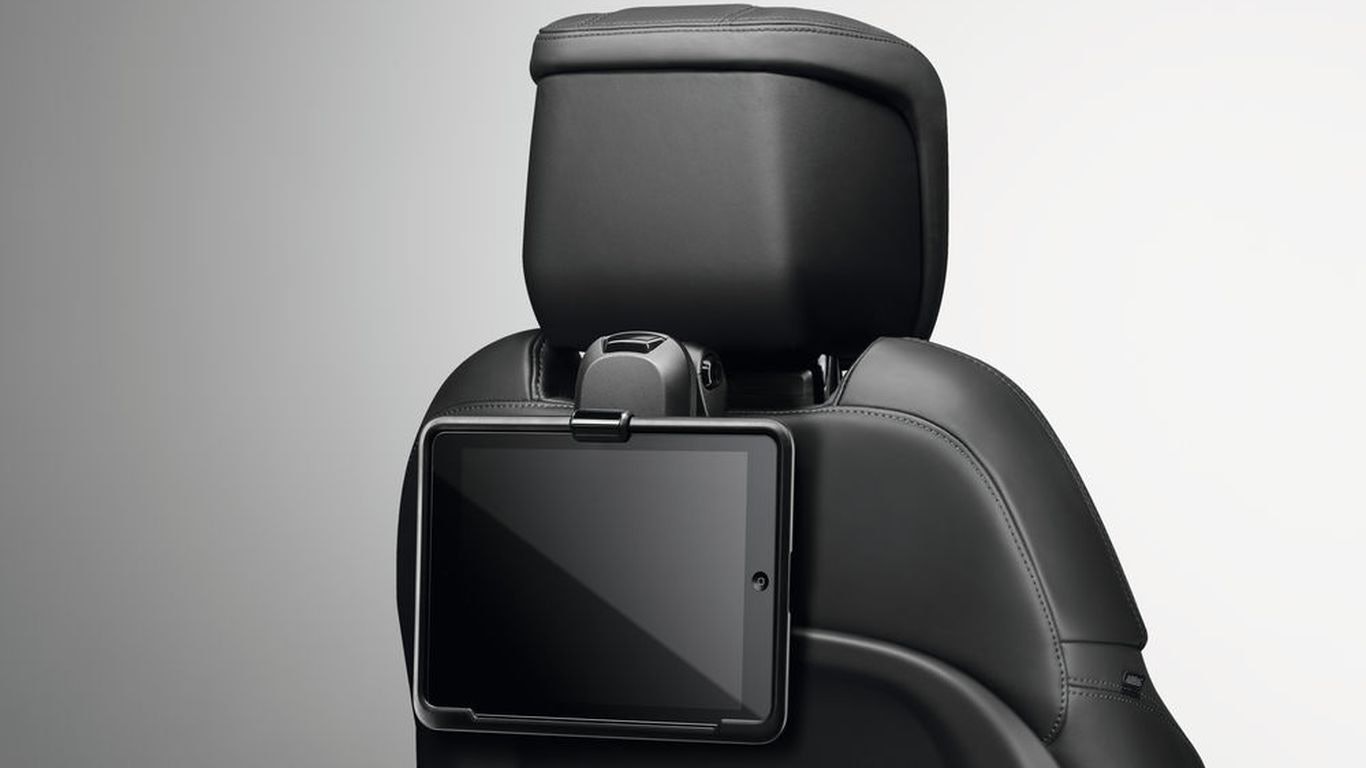
Instead of solely offering built-in screens on the back seats, Land Rover has a feature called “Click and Go.” It’s a multi-purpose mounting system on the back of the front seats that can be used to mount tablets like the iPad, or even give rear-seat passengers a table to work on complete with space for a laptop and a cupholder.
I love this because instead of built-in screens that can cost thousands of dollars and are out of date even before the vehicle is delivered, customers can swap in a $500 iPad and keep the kids occupied on road trips.
Stay on top of the automotive revolution and sign up for Jordan Golson’s free car reviews newsletter. This review is also published in the North State Journal.







